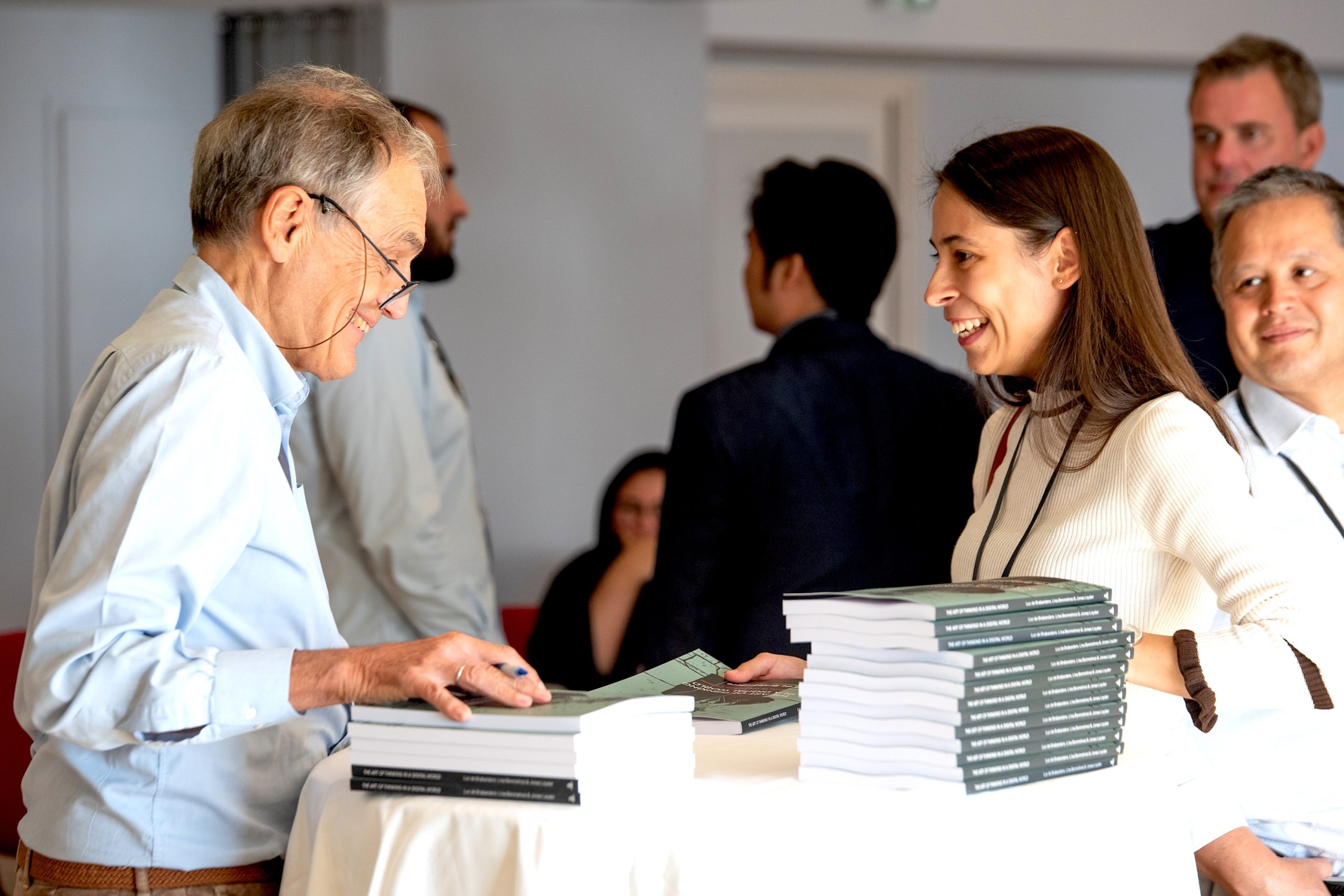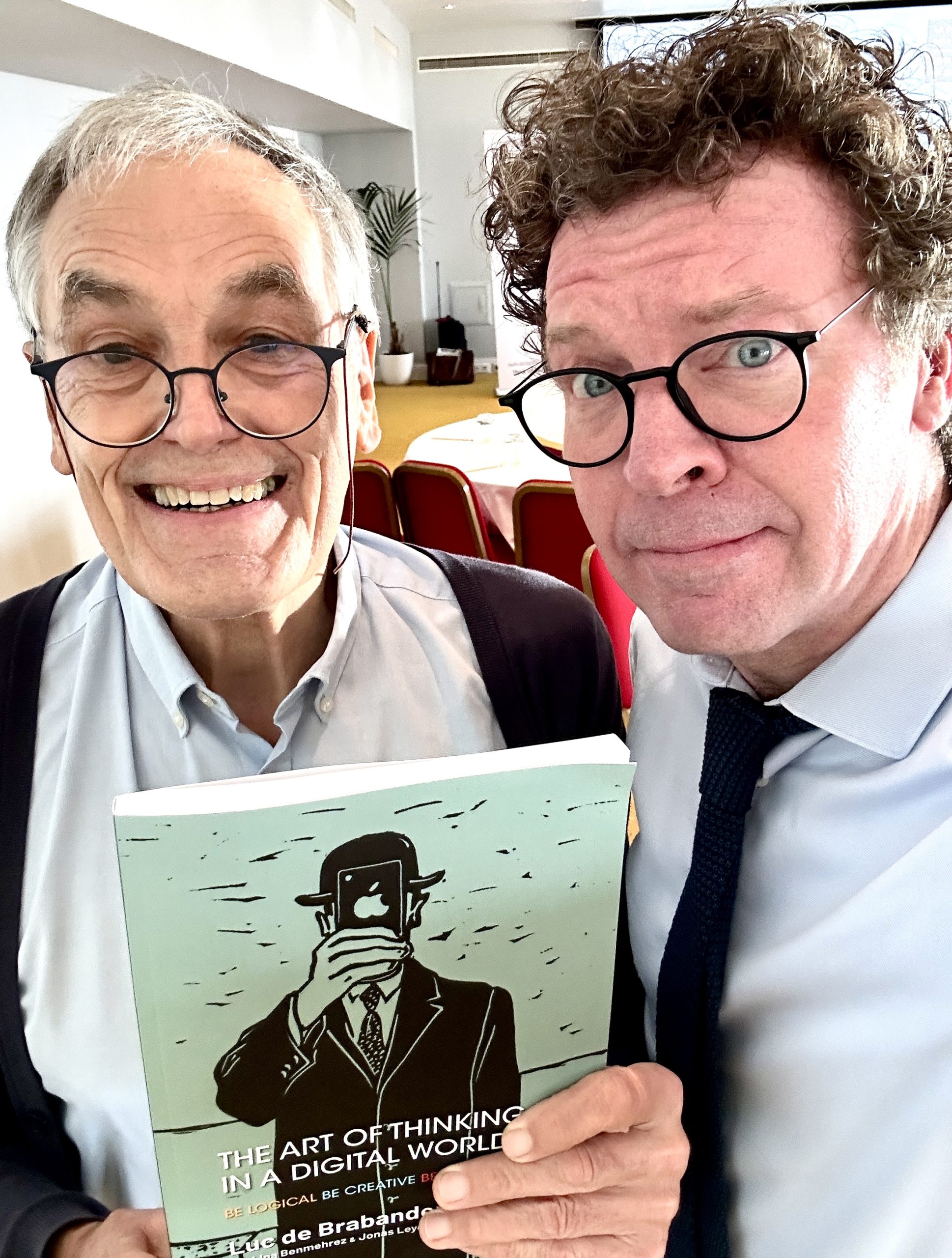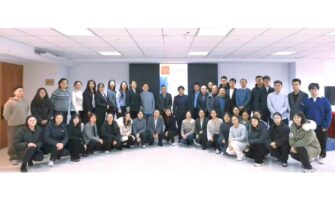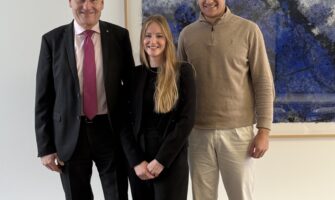17/12/2024
The human advantage: why professional services must master both digital and analog thinking
Business advisory Events
The future of professional services will belong to firms that master both digital and analog thinking
In an era where artificial intelligence promises to transform professional services, a veteran computer scientist turned philosopher offers a compelling framework for maintaining human relevance.
Speaking at this year’s TGS annual conference and the launch of his latest book, “The Art of Thinking in a Digital World“, Luc de Brabandere presented a vision of thinking and creativity that challenges conventional wisdom about digital transformation.
The False Promise of Pure Digital
Professional service firms are betting billions on digital transformation. Yet many are missing a crucial insight: digital tools amplify rather than replace human thinking. De Brabandere, who has spent 55 years straddling the worlds of computer science and philosophy, argues that increased technological capability actually demands more sophisticated human thought, not less.
“The more you have technology, the more you need to think without the technology.”
This isn’t mere philosophical musing. It’s a practical necessity in a world where competitive advantage increasingly comes from perception shifts rather than mere process improvements.
The Thinking Game
De Brabandere frames thinking as a game played between reality and perception. Professional services firms, whether in consulting, law, or finance, operate in this space constantly. They simplify complex realities for clients through two key processes:
- Induction: The distinctly human ability to create useful simplifications
- Deduction: The logical processing that machines excel at
The key insight for professional services: while AI will increasingly dominate deductive tasks, human mastery of induction becomes more valuable, not less. The ability to create novel, useful simplifications of complex situations remains stubbornly human.
The Creativity Imperative
The most valuable transformations in business come not from doing things better, but from seeing things differently. De Brabandere illustrates this through several compelling business cases:
- BIC transformed from a pen manufacturer to a disposable products company
- Phillips pivoted from household appliances to healthcare
- Mattel evolved from toys to intellectual property
For professional service firms, the lesson is clear: real value comes from helping clients see their world differently, not just optimize their existing view. This requires a type of creativity that AI, for all its power, cannot yet replicate.

TGS Andrew Menzies with Luc de Brabandere the day of release of the book, “The Art of Thinking in a Digital World”
The Professional Services Opportunity
Three clear imperatives emerge for professional service firms:
- Master Both Modes: Build organizational capability in both machine-powered deduction and human-led induction. The competitive edge lies in knowing which to use when.
- Cultivate Perception Shifts: Train teams to recognize and catalyze moments where changing how clients see their world is more valuable than optimizing their current view.
- Embrace Ambiguity: The most valuable insights often come from embracing ambiguity rather than rushing to eliminate it. AI excels at reducing ambiguity; humans excel at exploiting it creatively.
The Path Forward
Professional service firms must resist the temptation to see digital transformation as merely the automation of existing processes. The real opportunity lies in combining digital capability with distinctly human perception shifts.
The firms that will thrive in this environment will be those that master what De Brabandere calls “the orange arrows” – the ability to see the same situation from multiple perspectives and find value in the spaces between these views.
This requires investment not just in digital tools but in human capabilities:
- Training in perception-shifting techniques
- Cultivation of creative confidence
- Development of hypothesis-generation skills
- Practice in productive use of ambiguity
The Bottom Line
The future of professional services will belong to firms that master both digital and analog thinking. As De Brabandere puts it: “Not a single idea on this planet is born good.” The key is building organizations that can nurture ideas through both human and digital means.
For professional service firms, this presents a clear mandate: invest in digital transformation, but don’t neglect the human capacity for perception shifts and creative thinking. The most valuable service in the digital age may well be helping clients see their world in new ways.
The firms that master this dual capability – combining AI’s deductive power with human inductive creativity – will define the next era of professional services. The others risk becoming mere observers of their own obsolescence.
Don't become a mere observer of your own obsolescence
Schedule a conversation to explore TGS membership and learn how our network of senior leaders is reshaping professional services for the AI era



